The Great Railroad Revolution (34 page)
Read The Great Railroad Revolution Online
Authors: Christian Wolmar

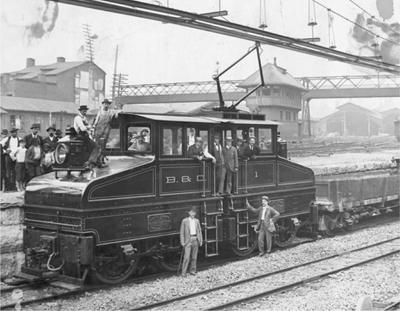
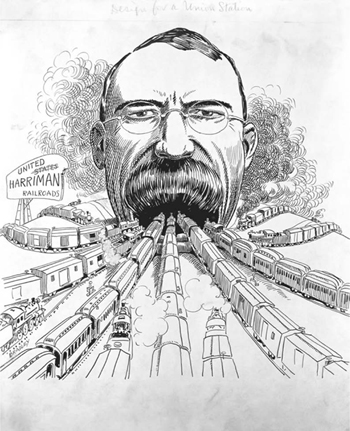
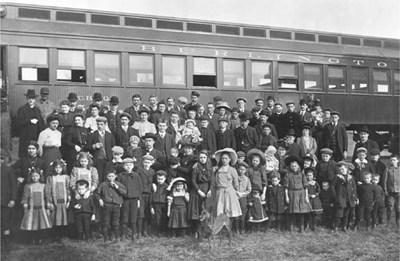
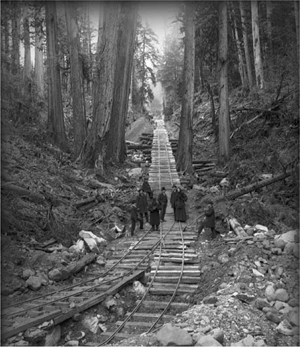
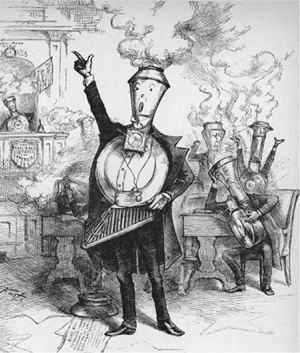
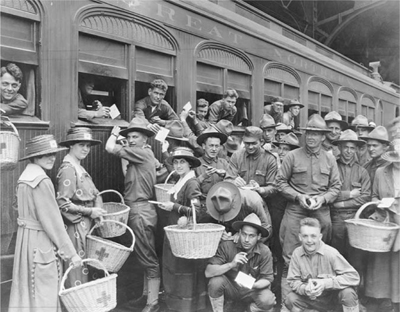
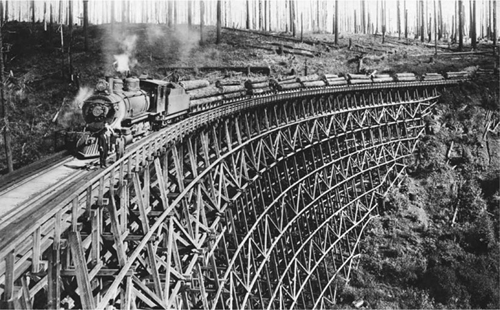
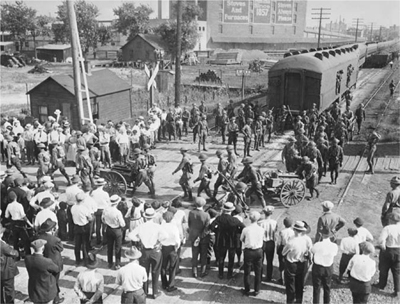
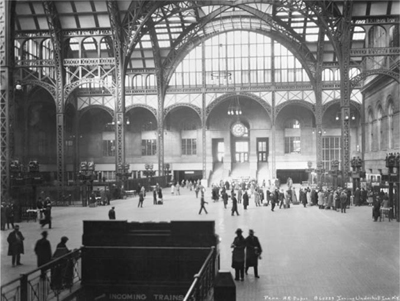
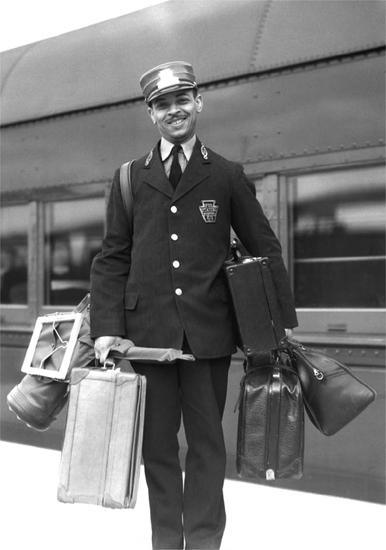
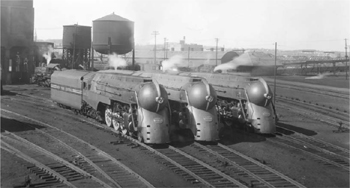
Other books
Guardians of the Boundary (The Conjurors Series Book 3) by Kristen Pham
Reunited with Her Italian Ex by Lucy Gordon
The Dead Lie Down by Sophie Hannah
Dragon's Treasure by Elizabeth A. Lynn
Werewolf Academy Book 4: Taken by Cheree Alsop
Cethe by Becca Abbott
California Man - The Author's Cut Edition by EC Sheedy
Can't Be That Other Woman by Ambria Davis
Regarding the Pain of Others by Susan Sontag
Love Everlasting by Speer, Flora